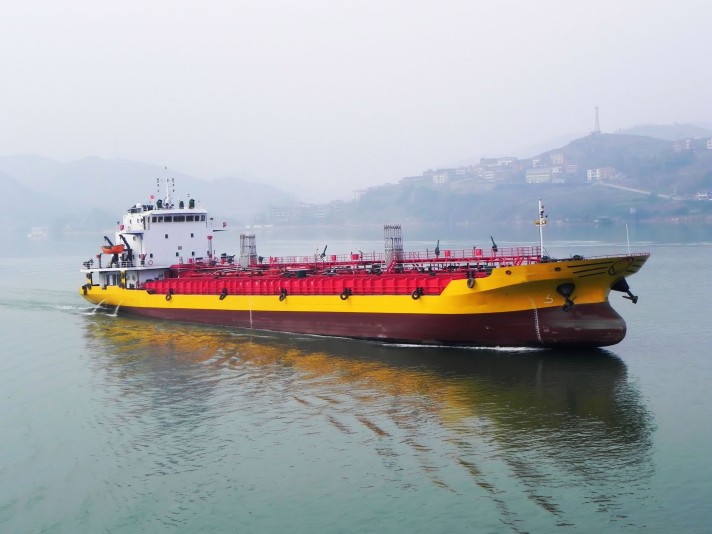A new initiative known as the GoodShipping Program intends to give cargo owners the opportunity to control and reduce the carbon footprint of their ocean freight.
According to its founders the programme comes at a pivotal moment for an industry that has always been regarded as environmentally friendly (on a ton-mile basis). Following the Paris Climate Agreement in 2015, in which shipping emissions were omitted, alongside aviation, the industry has been exposed and does not have a clear target or approach for its greenhouse gas emissions (GHG) or carbon reduction.
This initiative is said to stem from the industry itself and not from alternative mitigation schemes. It drives the process of purchasing biofuel in a manner that accelerates low-carbon fuels in the marine fuel mix.
Dirk Kronemeijer, chief executive officer of GoodFuels which pioneers the GoodShipping Program says: ‘Until now, the only way ocean cargo owners could eliminate or substantially reduce the climate impact from ship operations was to select an energy-efficient carrier or to offset their carbon footprint outside the shipping industry. The big difference with other sustainability initiatives is that the GoodShipping Program actually changes the marine fuel mix and thereby realises a carbon reduction within the industry. Every ocean cargo owner can participate in the programme regardless of its volume, location, trade routes and existing contracts with carrier(s) or freight forwarders.’
‘However, they cannot drive the transition on their own. Ultimately it needs to be facilitated by the maritime industry. It acts upon the collective responsibility for developing stable demand that can bring production to the next level. As such, the programme aims to improve the accessibility and affordability of low-carbon fuels to all carriers.’
Emissions predictions by 2050
It is expected that emissions from shipping will increase with 50% to 250% by 2050. This translates to the sector being responsible for more than 15% of the total global CO2-emissions.
The GoodShipping Program seeks to empower cargo owners and shippers to take control of their carbon emissions without having to rely on the shipowner to change its fuel mix. By allowing the cargo owner to purchase low-carbon ‘drop-in’ biofuels, they are given the opportunity to mitigate carbon emissions within the industry, rather than through an alternative mitigation scheme.
The first Good Trade Lane connecting Europe to the rest of the world will be launched in the fall of 2017. The vessel will be powered-up in cooperation with GoodFuels Marine, pioneer in advanced marine biofuels. Along with carbon reduction; local emissions, such as sulphur and particulate matter like soot; are substantially reduced. The sustainable biofuels are generated out of waste and residues.








